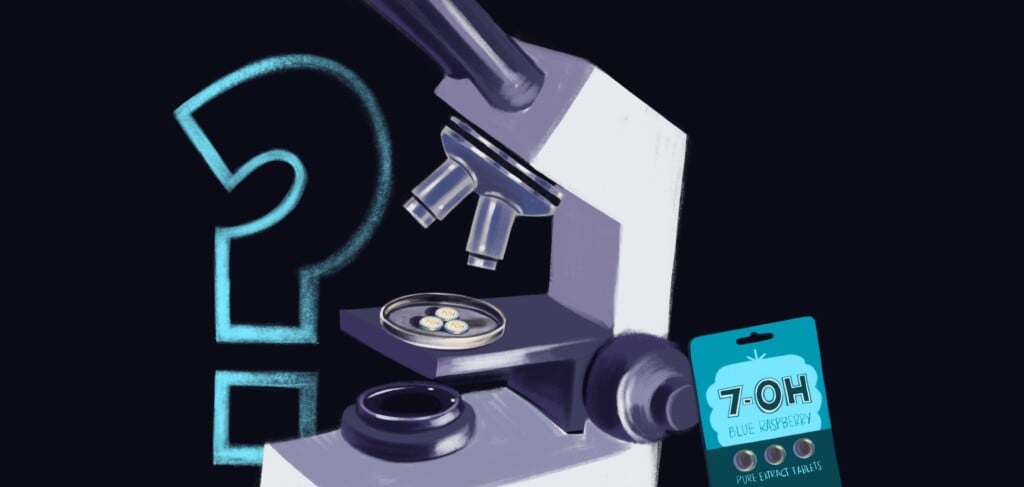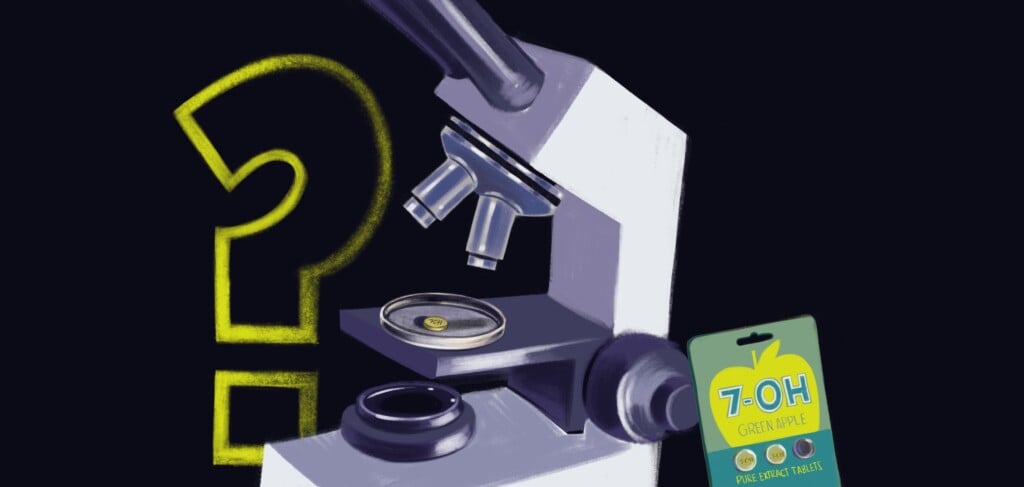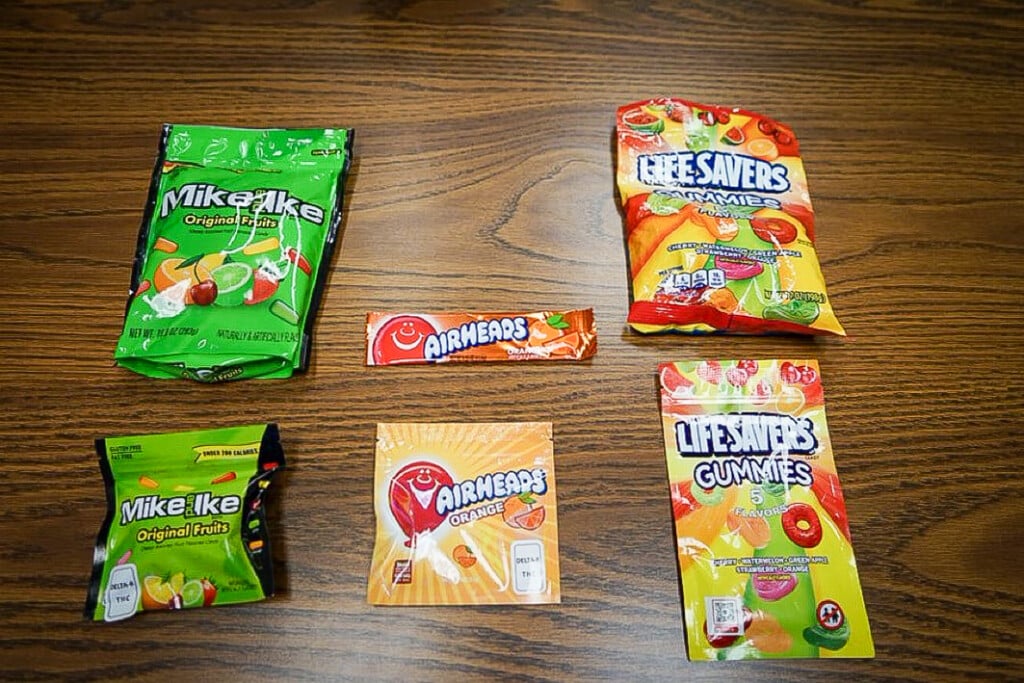Eviction moratorium set to expire on July 31, Kansas offers rental assistance
In June, the Biden administration extended a federal eviction moratorium that’s set to expire tomorrow, July 31. Now the White House says the administration can’t legally stretch the moratorium further, and has pushed that responsibility to Congress.
Originally the moratorium was put in place to prevent evictions before landlords and tenants had a chance to acquire some of the billions of dollars in rent aid slowly trickling in from the federal government. Speaker Nancy Pelosi urged House Democrats and Congress to extend the measure to the end of the year.
Meanwhile, the Kansas Housing Resources Corporation has provided $21 million in emergency rental and utility assistance to more than 4,000 Kansas households experiencing financial hardship as a result of the pandemic.
The funds, which would provide assistance for both tenants and landlords when the eviction moratorium expires, were made available through the Kansas Emergency Rental Assistance program. Kansans who risk COVID-19-related eviction are encouraged to apply for these subsidies.
Nyrica Hall of Topeka was facing eviction when she applied for KERA assistance. Her request resulted in funding for rental and utility assistance, as well as a $600 lump sum payment to cover internet service. “When the customer service manager called me back to say my application had been approved, I cried,” Hall says.
Per the KERA website, applicants must provide the following documentation:
- Past-due utility bill or overdue rent or eviction notice from April 2020 to the present
- Signed lease identifying the residential unit and the rental payment amount
- 2020 Federal Income Tax Return as filed with the IRS (if tenant hasn’t filed 2020 federal income taxes, their W-2 wage statement and all IRS 1099 forms are acceptable)
- Proof of identification, including a current state-issued photo ID, court filing notice, or mail from a federal, state, county, or city agency displaying the rental unit address
If approved, applicants are eligible to receive a maximum of 12 months of rental and utility assistance, in addition to reasonable fees and security deposits. Qualified applicants are also eligible to receive a lump sum of $600 in credit to their internet providers to cover past-due or future internet costs, at a rate of $50 per month for 12 months.
Tenants may apply for three months of prospective assistance at a time.





